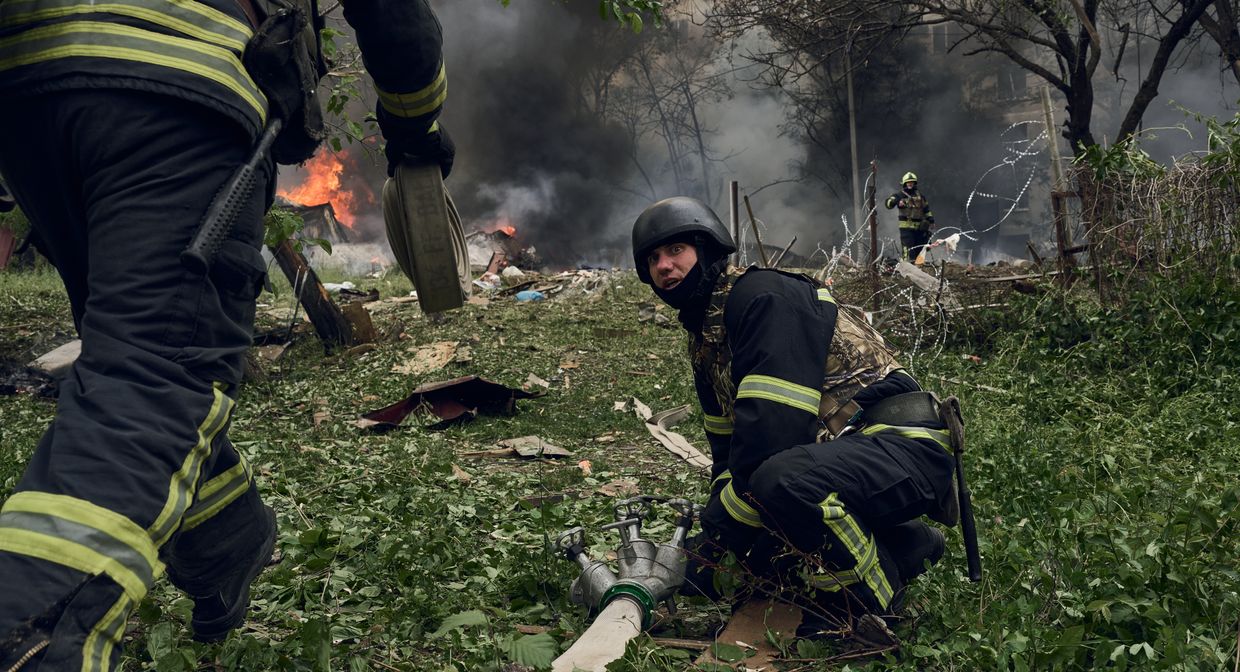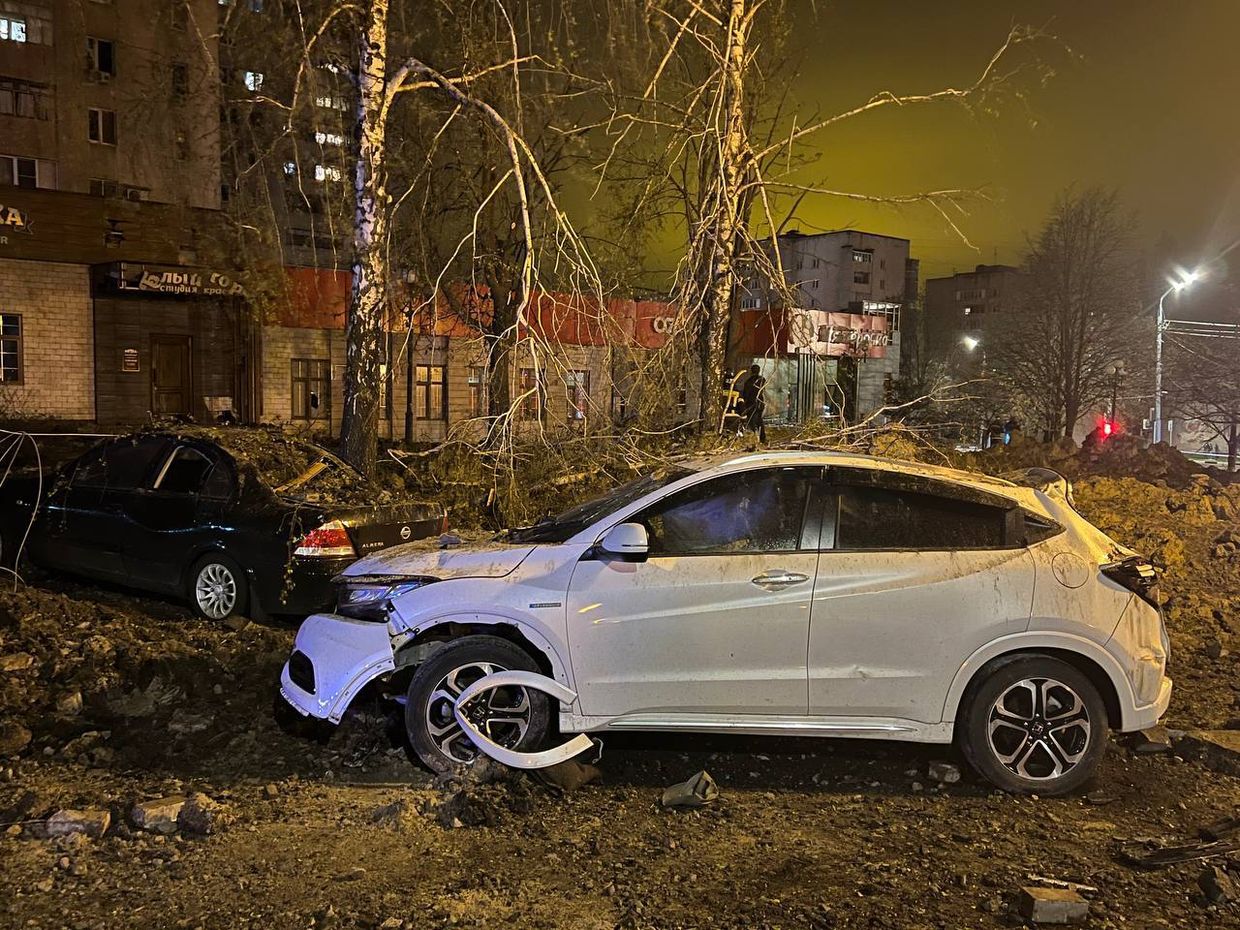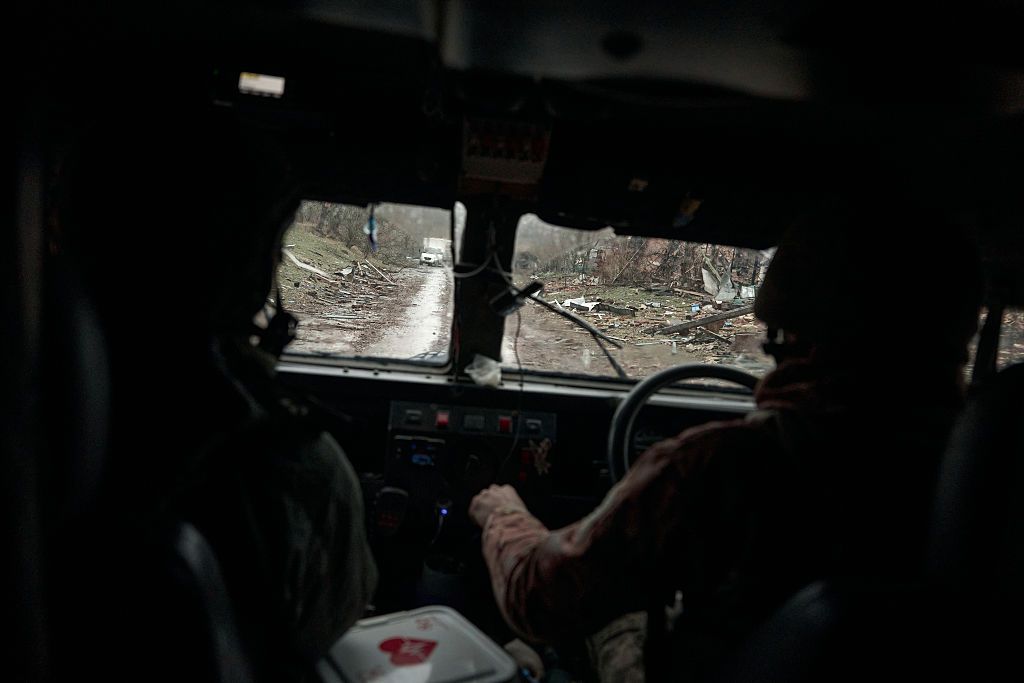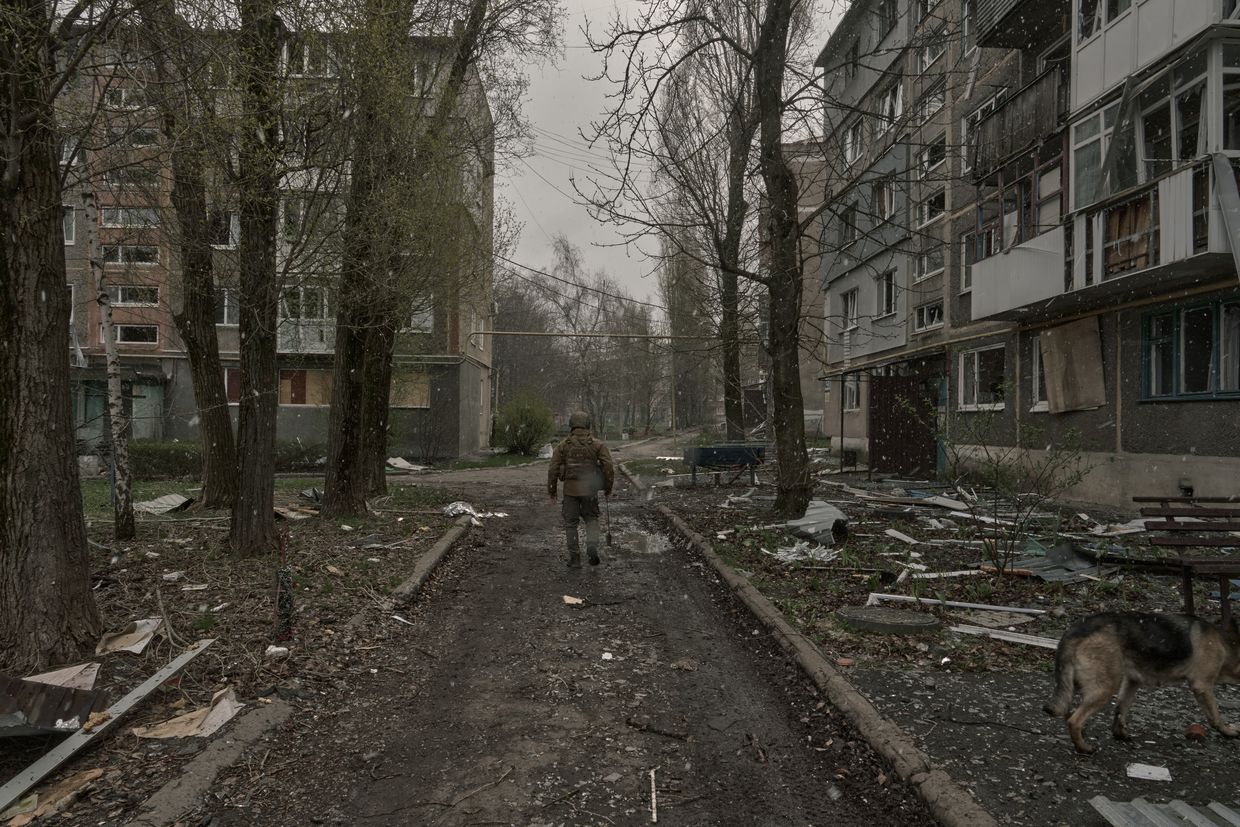A document obtained by the Washington Post (WP) suggests Russia dropped glide bombs on its own territory nearly 40 times in one year, most likely due to malfunctioning guidance systems, the outlet reported on July 1.
Believed to have been compiled by Belgorod city emergency department, the document records 38 incidents in the year from April 2023 to April 2024.
Experts believe the accidental bombings are caused by defective munitions. Ruslan Leviev, a military expert with the Conflict Intelligence Group, in comments quoted by WP, said: "A certain percentage of Russian bombs is defective."
"We think these accidental releases are caused by the unreliability of these kits, something that does not seem to bother the Air Force," Leviev told the Washington Post.

Several incidents of Russian munitions landing in the Belgorod region have previously been reported, most notably one in April 2023 that resulted in a massive crater in downtown Belgorod.
On May 12, an explosion led to the partial collapse of a Belgorod apartment building, killing 17 people. The Kremlin blamed it on a Ukrainian missile but OSINT researchers concluded it was a Russian bomb.
The document obtained by WP suggests such events are far more widespread than previously thought as many of the bombs do not explode, and land in the less populated areas around the city, sometimes being discovered days later by farmers and park rangers.
Russia has heavily relied on glide bombs in its offensive on Kharkiv Oblast, clearing the way for ground troops.
Despite their simplicity and low cost, glide bombs have become one of Russia's most effective weapons during the full-scale war, previously contributing to the fall of the strategic city of Avdiivka in February – Russia’s first major gain in nine months.
Experts warn that these bombs could pose an even greater threat to Ukraine, which currently has little defense against them, as Russia is expected to continue its mass deployment of glide bombs to support further offensive operations.













